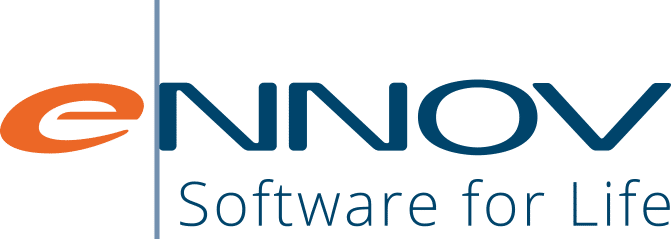The Life Sciences sector, by its very nature, is in a state of continual evolution. Innovations in research, shifts in market dynamics, and alterations in regulatory landscapes mean that static systems and processes can quickly become obsolete. In the midst of this dynamic environment, the need for Quality Management Systems (QMS) to be both flexible and adaptable emerges as a paramount consideration. As we continue our series, this installment sheds light on the indispensable attributes of flexibility and adaptability in next-gen QMS.
The Imperative for Flexibility and Adaptability
In a world that doesn’t stand still, rigid systems can be more of a hindrance than a help. The capacity of a QMS to adjust, evolve, and scale in response to changing circumstances is not just beneficial—it’s essential.
Meeting the Regulatory Tide
Regulatory bodies worldwide are perpetually updating guidelines to ensure patient safety and product efficacy. Whether it’s the introduction of new compliance metrics, alterations in documentation standards, or shifts in approval processes, a QMS that can seamlessly adapt ensures that organizations stay ahead of compliance curves rather than scramble to catch up.
Embracing Industry Innovations
The Life Sciences sector is renowned for its groundbreaking discoveries and advancements. As organizations incorporate new technologies or methodologies, their QMS should be capable of supporting these integrations without extensive overhauls.
Facilitating Organizational Changes
Mergers, acquisitions, market expansions, or restructuring—organizations undergo various changes that demand different operational modalities. A flexible QMS ensures that during these transitions, quality management remains consistent and robust.
Beyond Mere Responsiveness
While it’s vital for a QMS to respond to immediate changes, true adaptability lies in anticipation. Next-gen QMS should not only react to present scenarios but also be designed with foresight, prepared for future industry shifts.
Navigating the Path Forward
The emphasis on flexibility and adaptability underscores the need for a proactive approach to quality management—an approach that doesn’t just manage the present but is prepared for the future. As our series progresses, we will delve deeper into the core attributes that define a future-ready, holistic QMS.
Conclusion
In an industry as dynamic as the Life Sciences, adaptability is not a luxury; it’s a necessity. As we navigate through the defining components of a robust QMS in upcoming posts, the focus remains on understanding and anticipating the needs of Ennov’s forward-thinking target market. Stay tuned for the next article in this series to discover essentials for shaping a Quality Management System that is not only fit for today but is also resiliently future-proofed. With decades of experience under our belt, Ennov stands at the forefront of innovation, ensuring that our solutions cater to the evolving needs of the Life Sciences industry’s professionals.
Struggling to keep up with the ever-changing landscape of regulations and innovations? Contact Ennov to explore a Quality Management System designed for flexibility.


